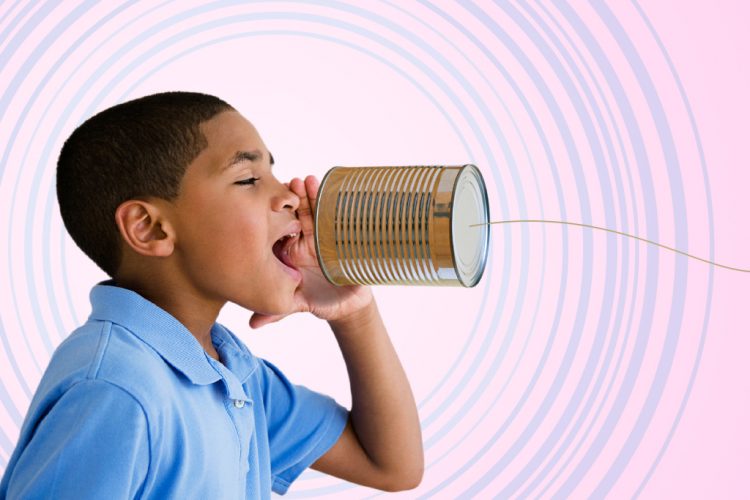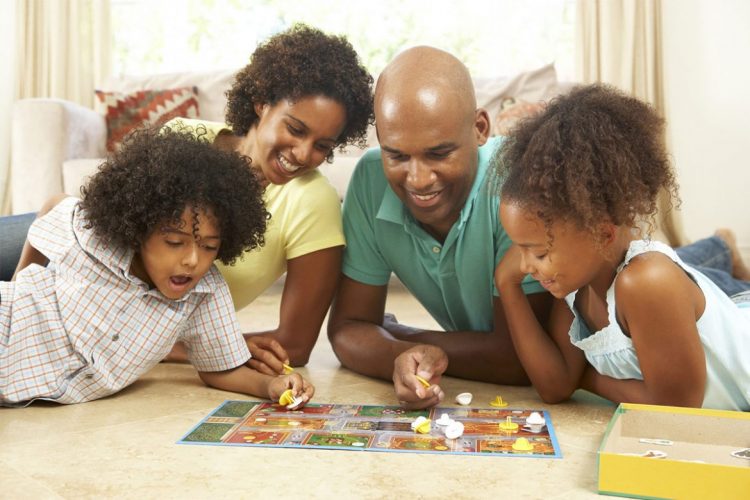Introduction
It is said that being a parent is the most difficult job in the world. It is certainly one of the most responsible roles in the life of any person, but it is also something that lasts until you are alive. Being a parent never stops as worrying and making sure your child has everything they need never really ends. Although it is the most obvious while your child is still growing up, you will always feel the need to do things for them, care about them, and talk to them about their life.
When it comes to the most difficult time, most parents agree that it is definitely the period of adolescence. It is the time when children are no longer children when your teen realizes that they are lowly becoming adults themselves, and this can get tricky. It is a period of life when it is natural to think that you can do things on your own and when you do not really need guidance or help from your parents any longer.
Staying Connected

For the very reasons we mentioned above, the parents should try to remain close to their children during this period because it is when most parent-child relationships tend to deteriorate. In some scenarios, they never go back to how they used to be.
While the parents can try their best to raise strong, independent children, they probably still wish to remain close to the children through their adolescence and into adulthood, and they should. Still, many of them do experience what feels like a growing divide as children become more independent during their adolescent years, spend less time with them and more with their siblings and friends, and think/talk about leaving home.
You do not need to have all the answers to what is going on and nobody expects you to. However, you should do something to prevent your child from thinking they hardly need you anymore. By simply being there for your child, you will have a positive impact on their life without them feeling like you want to overdo it and control them. To learn more about this, make sure to visit BetterHelp for more resources on parenting and connections with therapists. In the meantime, here are some other tips that can help you keep your family close during this challenging time for.
Listen

Sometimes, your kids may come home with something on their minds. As a parent, the best thing you can do for them is offer to listen to them as they talk about the problem. No matter if you actually think you helped or if you can offer a solution, to them, it is important that you listened.
However, you do not always want to force your child into talking to you nor should you offer to listen and come on too strong. Let them know that you will always lend your shoulder to them whenever they need it, but wait for them to need it. By doing so, you are showing your child that you trust them to express themselves on their own terms and in their own ways.
Also, try to ask questions to engage in conversation but act less and less as a parent and more as a friend and equal. Remember that they are almost grown up so engage with them and provide some advice that may be based on your personal experience, but without making it a lesson and acting as a model parent.
Control Your Emotions

A person who disappoints your child or an event not going their way could result in them being angry or sad, which in the adolescent tears often manifests in withdrawal and silence. No matter how they behave, try to keep your own emotions in check so that they feel centered without being biased by your response.
It will usually not help your kid if you respond to their outbursts with anger, as they may see you as not understanding their situation and blaming them for it. Instead, take a deep breath, and try to understand the child’s perspective and what is actually causing the problem.
Additionally, if you are part of a parenting team that always works together, try talking to your partner about your child’s feelings, then create a joint strategy that can help you connect with your kid. Both sides should be equally involved especially in these modern times when children are usually close to either one parent, or none.
They may also need some time to themselves. Resist the urge to rush to their side every time something little goes wrong, and give the time they need to start figuring things out on their own. They will become better adults and individuals if you allow them to fight their own battles from time to time.
Have Fun Together

Planning family activities can be a great way to bond with your children, but again, remember that they are no longer small children and that they have more similar ideas of fun to you than children slightly younger than them. It can be anything as simple as cooking dinner together or taking a walk. If they are above the age limit, you could even drink a beer with them or a glass of wine and just talk about life. Shopping is always fun!
Furthermore, spend time sharing your passion with your kids and try to include them in your hobbies and things them may have found off and weird when they were teenagers. Some passions you may want to share can include hiking, fishing, camping, playing video games or board games together, or watching shows and movies. Your child will learn more about you and may come to trust you more as well when they see how open and honest you are about yourself. You may even develop a similar interest in something and start a lifelong hobby!
Be Honest

Ultimately, be straightforward and honest with your kid. If they did something that requires strict criticism, then do not hold anything back and make it a teaching moment. They will only become better as a person if you share your thoughts on their certain behaviors. Eventually, they will see the mistakes in their actions and have a valuable lesson under their belt.
Of course, you do not have to tell them exactly how they should fix their mistakes. Let them figure it out on their own and come up with original answers. However, make sure they know that you will always be there for them in case they struggle and need assistance.
Conclusion
Many parents struggle with the concept of letting go of their child one day. Despite this common concern, through all the times and lessons you have with them as they are growing up, once they do become more independent, they will be able to live out the life they want to because of your efforts, care, and love.
Many parents and children remain close or experience distance during adolescence but come back together a few years later. Reminding your child of your unconditional love will help preserve the relationship through its natural ups and downs and both of you will have a healthy and long relationship exactly like a parent and child should.
 Hi Boox Popular Magazine 2024
Hi Boox Popular Magazine 2024



